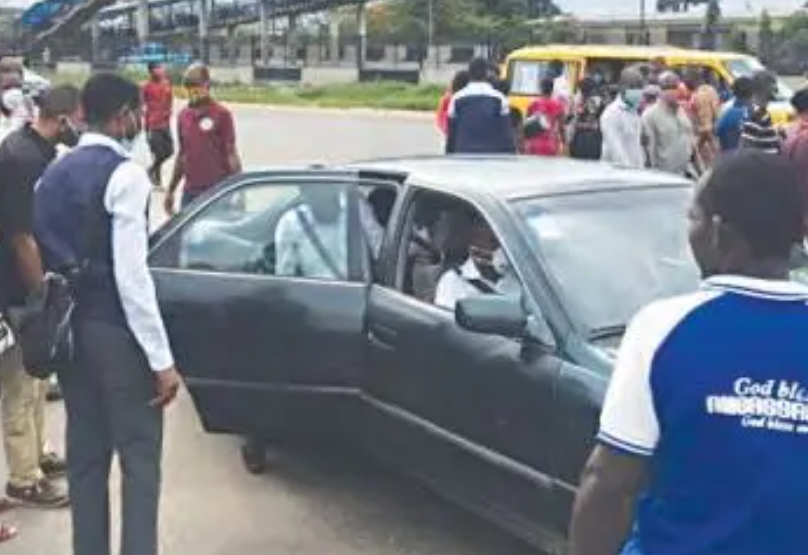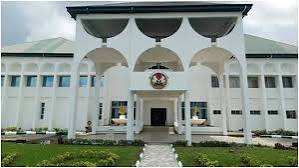The days where you see a car owner comfortably sitting in his car with the air conditioner on while he or his driver drives is gradually disappearing.
The picture in vogue is a car owner and five persons clustered in a car, which windows are wound down for ventilation.
Economy&Lifestyle discovered that these occupants of the car in such scenarios are either colleagues, who are also car owners and take weekly turns to transport their colleagues to and fro work or passengers picked up from the bus stops to their destinations. Thereby turning various private cars to commercial.
All these changes are done in a bid to make up fuel money thereby reducing the heavy burden of increase in fuel pump price since May 2023.
The National Bureau of Statistics, NBS, Premium Motor Spirit (PMS) watch for June showed that the average cost of a litre of PMS, also called petrol, rose year-on-year by 210.31 per cent to N545.83 in June 2023 from N175.89 in June 2022.
Apart from the high price of petrol, the cost of car repair, purchasing of car parts and maintenance have also increased, thereby increasing the burdens corporate car owners bear.
Mr. Akinyele Omoniyi, a civil servant, narrated his ordeal in the present fuel price hike.
He said: “When fuel prices increased, I tried leaving my car at home and boarded public transport.
It was a very bad idea because that week my two phones were stolen by pickpockets. At times I trekked when the fare was too much.
It was then I sold the idea of taking turns to transport ourselves to and from work to my colleagues who lived around my area. We started to take turns to drive ourselves home. We are six in number.
Since the roads are filled with less or no traffic, the method has saved not only me but also my colleagues the burden of buying petrol. My colleagues have also sold this idea to many.”
Mrs. Awosina Ruth, a civil servant and colleague of Omoniyi said the idea was at first ridiculous.
She said: “At first I thought Omoniyi’s idea was ridiculous but when I related the idea to my husband, he advised me to give it a trial.
I am now enjoying it because it has made me cut down the cost of fuelling my car every month. We now share the price burden.”
For Mr. Christopher Okoro, an accountant, who works on the Island, he has to turn his car to commercial to make up fuel money.
He said: “I work on the Island and leave the house 5.a.m daily. I couldn’t take the risk of boarding commercial vehicles to work due to the delays they have in dropping and picking passengers.
” I tried putting up with the cost of fuelling my car in a month, which didn’t pay me at all.
“The money for fuelling my car has eaten deep into my budget for other expenses. I could hardly feed, stock up my house and pay bills and I can’t park my car at home.
I had to start picking up passengers going to areas along my route on my way to work and back.
“It hasn’t been quite easy though because some passengers would pick up quarrel for their balance and other little things.
“I usually pray to God to keep me safe from carrying the wrong passengers. Now, I worry less about fuelling my car.”
Mrs. Shalewa Ogulusi, a banker, noted that apart from the high cost of fuel, the cost of repairing and maintaining a car is now very expensive due to the high prices of car parts.
She added:”That is why I now join my colleagues in their cars when going to work.
We take turns in taking ourselves to and from work and this has helped me reduce the cost of transportation.
Though, I still read in the news that the petroleum marketers are planning to increase the cost of fuel. I pray that this doesn’t happen because people are yet to get up their feet from the recent increase.”





